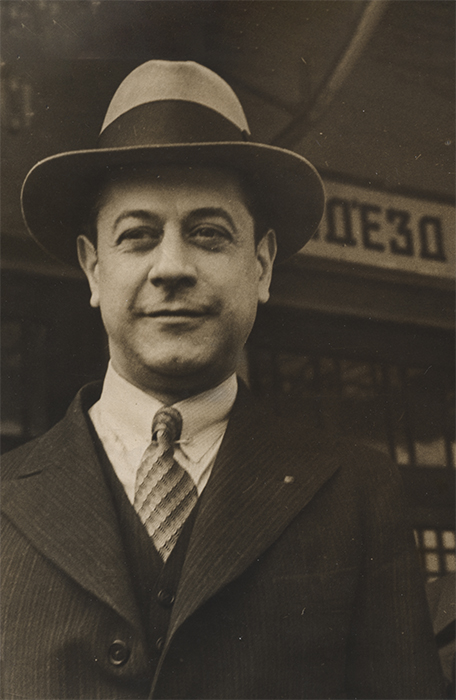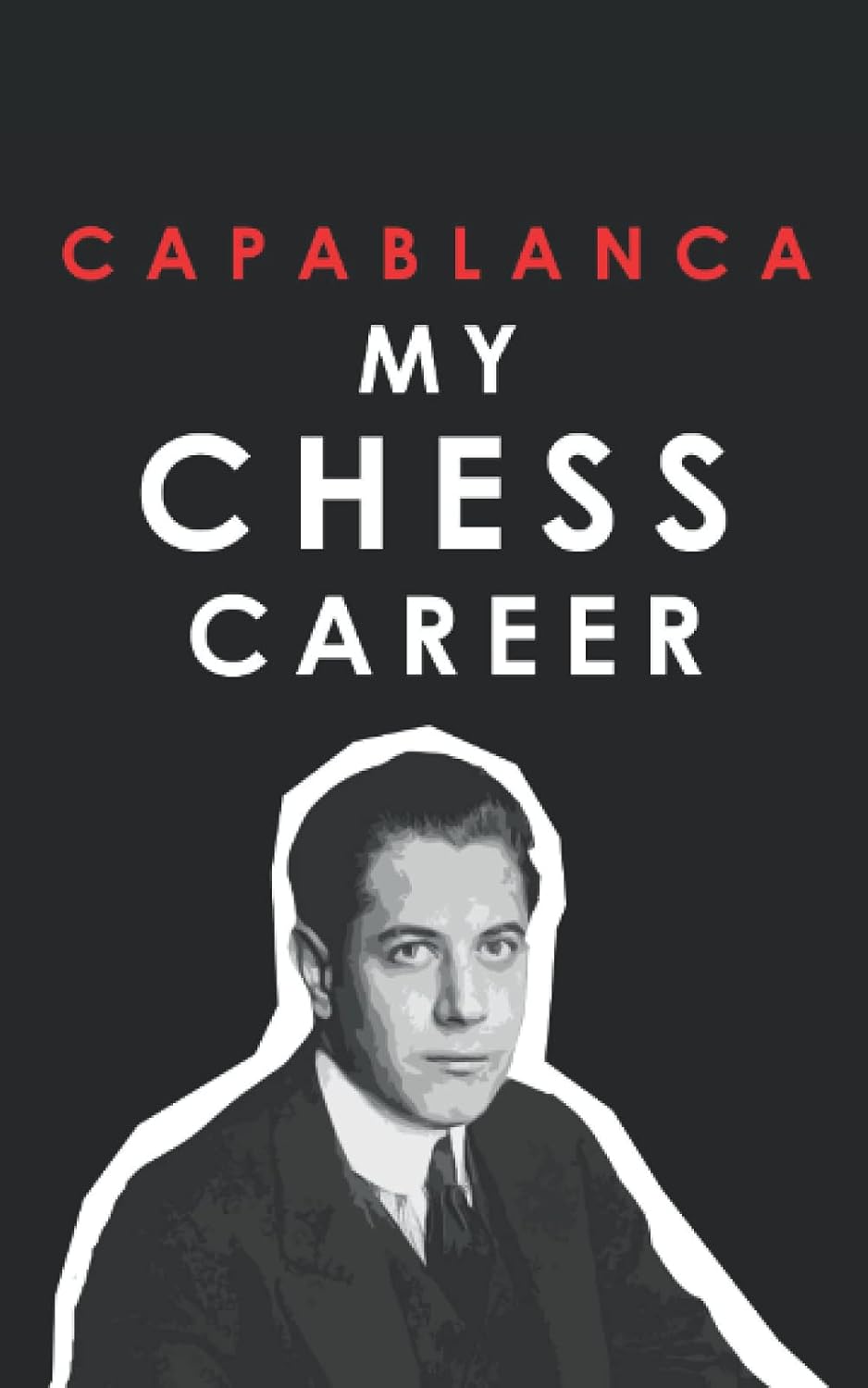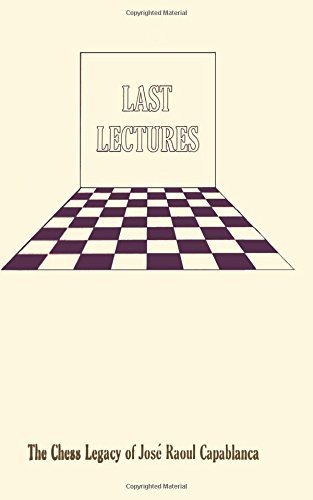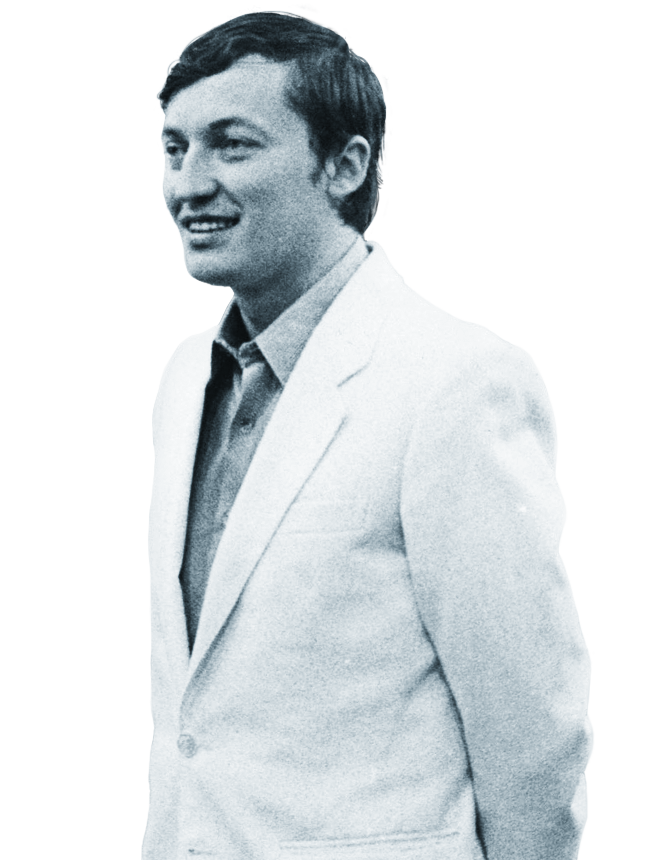Jose Raul Capablanca
Biography (1888–1942)
José Raúl Capablanca y Graupera (1888 –1942).A Cuban chess Prodigy, he beat in matches a Cuban chess champion in age 12 and in 21 – US champion and World chess title challenger F. Marshall. Entering the Europe in 1911 Capablanca showed outstanding chess results and challenged World chess champion E. Lasker, who was ready to resign without a match, but later agreed to play. In 1921 in Habana Capablanca beat Lasker without losses (+4, –0 =10). In subsequent years, Capablanca showed outstanding results, he did not lose a single serious game since 1916 to 1924 (and in total as an adult, he lost only 34 serious games), and they had called him a chess genius and a chess machine (that is, playing without errors). Nevertheless, in 1927, Capablanca lost his title to another chess genius – A. Alekhine, and the match between them to the disappointment of the fans did not take place. Despite these excellent results in late 1920s–1930s, Capablanca's play showed signs of decline, though at the Moscow International Tournament 1936 he was the first, and at the Chess Olympics in 1939 he showed the best result on 1 board.

Want chess advice?
On Capablanca
Mikhail Botvinnik
Capablanca's play produced and still produces an irresistable artistic effect. In his games a tendency towards simplicity predominated, and in this simplicity there was a unique beauty of genuine depth
Mikhail Tal
Without technique it is impossible to reach the top in chess, and therefore we all try to borrow from Capablanca his wonderful, subtle technique
Anatoly Karpov
The ideal in chess can only be a collective image, but in my opinion it is Capablanca who most closely approaches this
Bobby Fischer
Capablanca really was fantastic… Everyone I’ve spoken to who saw Capablanca play still speak of him with awe
.png)
Want more?
Read Capablanca books

My Chess Career
1920

Last Lectures. The Chess Legacy of Jose Raoul Capablanca
1966

.png)

.png)